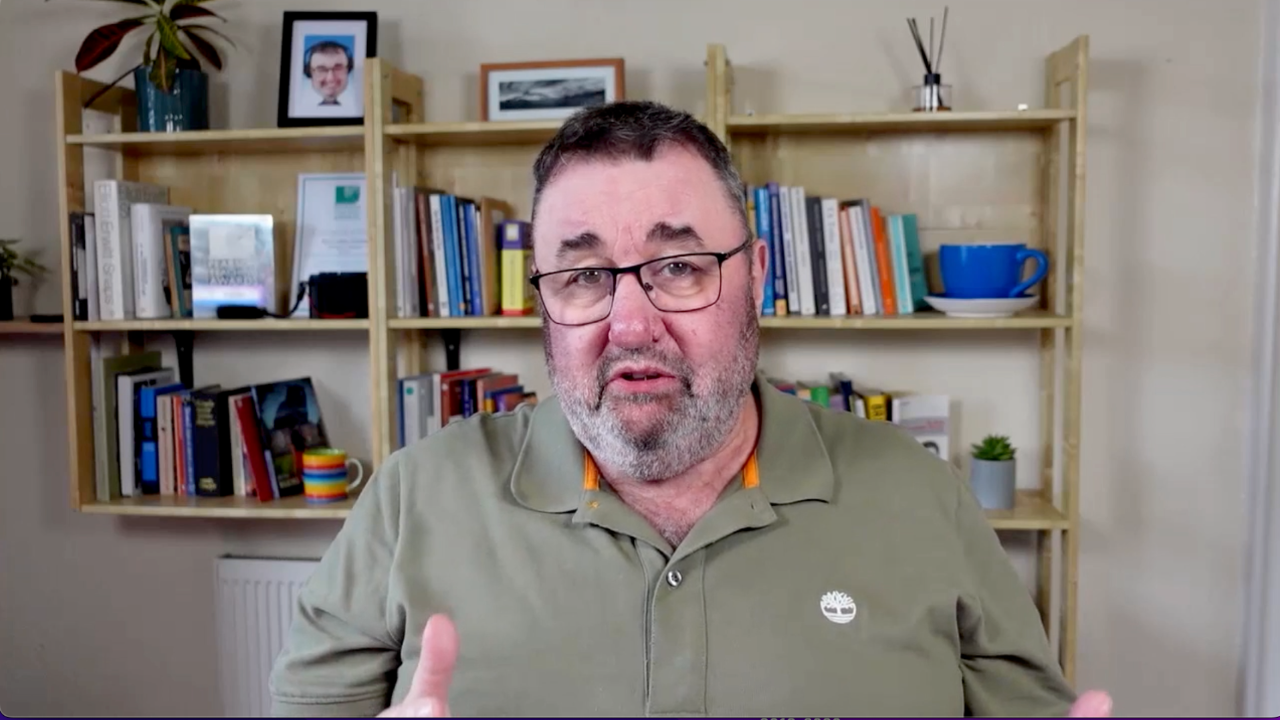Trauma - The toxic time machine.

Trauma is a toxic time machine. It can take us back to the moment of the trauma, over and over again, in our thoughts, feelings, and bodily sensations. An isolating and debilitating experience, which can feel like there is no coming back from
Before I became a Counsellor, I fostered aspirations of being a photographer. I would regularly get on the train and visit my hometown of Manchester to spend hours walking the streets, photographing people and places, and developing (no pun intended) my skills as a street photographer.
One of the most well-used phrases in photography is' the decisive moment', a term used to describe the instant when all the elements of a scene come together to create a perfect photograph.
This moment is often fleeting and can be challenging to capture, but it can create a truly iconic image when it is.
On a cold October day in 1999, I captured a decisive moment. However, it was not in the form of a picture. It was in an interaction with a person I had phot...
Trauma-Informed Practice in Person-Centered Therapy: Pros & Cons

Becoming a trauma-informed counsellor involves understanding the effects of trauma and integrating this knowledge into therapeutic practice. In this blog post, we will explore the pros and cons of pursuing a career as a trauma-informed counsellor, specifically focusing on its impact on Person-Centred Therapy.
Pros:
-
Enhanced Empathy and Understanding: Adopting a trauma-informed approach can deepen a Person-Centred counsellor's empathy and understanding of trauma survivors. It allows the counsellor to grasp trauma's complex impact on individuals' lives and helps create a safe therapeutic environment where clients feel heard and validated.
-
Tailored Support for Traumatised Clients By integrating trauma-informed principles, Person-Centred therapists can offer individualized support that acknowledges and addresses the unique needs of trauma survivors. This approach emphasizes collaboration, autonomy, and respect for the client's experience, promoting a sens
...
The lack of trauma-informed training in counselling courses

Recently I conducted a poll in the Counselling Tutor Facebook group.
I asked the question.
"How much trauma-informed Infomation did you receive as a student?"
I posed three possible responses -
- None at all
- Some but not enough
- Well covered
At the time of writing, 100 people had responded (A useful number if, like me, you are poor at working out percentages...)

The responses were as follows -
- None at all, 52% (52 people)
- Some but not enough 41% (41 People)
- Well covered 7% (7 People)
I was not surprised by these figures. Historically initial training has always focused on the meta-models of therapy, such as psychodynamic, Person-Centred, Cognitive Behavioural or an integrative mix of therapeutic models.
These models stand up well to contemporary research, and all who train student counsellors would acknowledge that an in-depth understanding and practice of the chosen model is essential before moving on to more complex and integrative ways of practising.
L...
